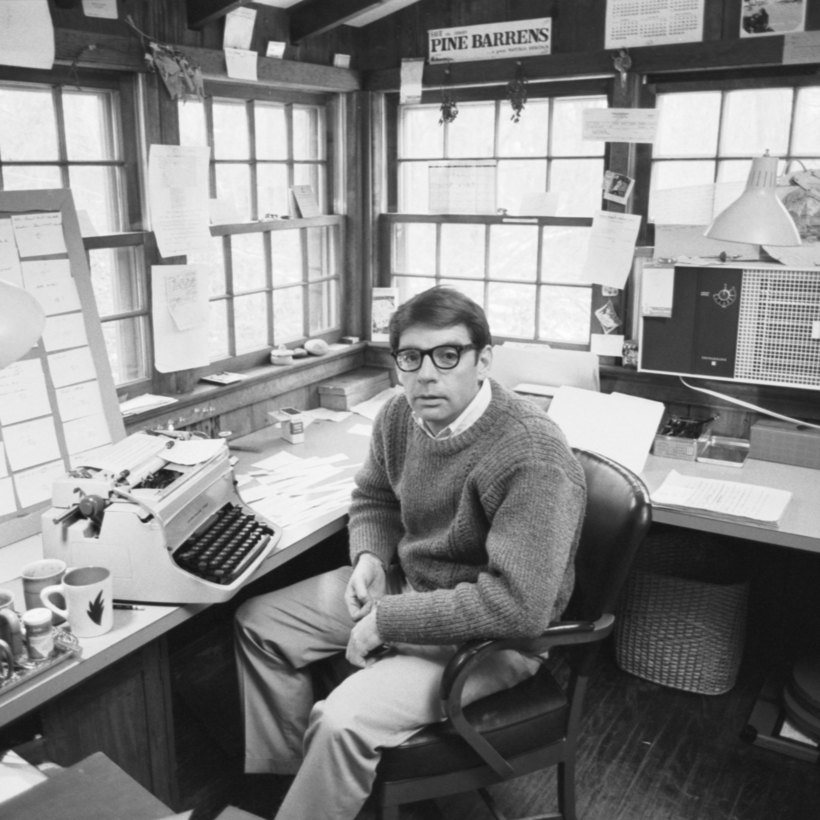It is difficult to find a reader who likes only some of John McPhee’s work. Oh, one may have a favorite or two of the New Yorker writer’s 31 books, but his talent at turning any subject that interests him into writing that is fresh and compelling is unmatched. He is always a deep pleasure to read, whether it is about a headmaster at Deerfield, tennis, fission, shad, Alaska, Bill Bradley as college-basketball player, oranges, the Swiss Army, bark canoes, tectonic plates, merchant ships … the list is so long and catholic that the newcomer to his work might wonder what he hasn’t written about.
His new and 32nd book, Tabula Rasa, ostensibly deals with that very question: the topics that first caught his interest but for numerous reasons he never pursued. Some leads led to others: his interest in the beginnings of Outward Bound got steered by New Yorker editor William Shawn into a profile of the forager Euell Gibbons. He never got around to a piece in the 1960s about the Leaning Tower of Pisa, but his notes are so extensive and fascinating that, well, here you are in 2023 reading a piece about the Leaning Tower of Pisa.

